Cultural Clash in the Heart of Lagos: The Owanbe Exhibition Controversy
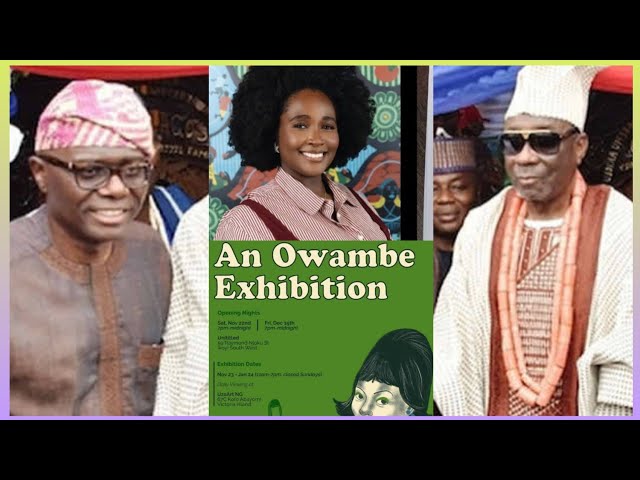
Lagos, the pulsating megacity where tradition dances with modernity, has always been a canvas for artistic expression. From the vibrant street murals of Yaba to the sleek galleries of Victoria Island, the city thrives on bold ideas that challenge norms and celebrate heritage. But what happens when an artist’s vision collides head-on with cultural sensitivities? Enter the “Owambe Exhibition” – or more precisely, “An Owambe Exhibition” by Uzo Njoku – a project that’s ignited a firestorm of debate, petitions, and royal interventions just weeks before its scheduled debut.
If you’re not steeped in Nigerian slang, “Owanbe” (often spelled “Owambe”) is more than just a word; it’s a vibe. It evokes those legendary Yoruba parties where the aso-ebi outfits shimmer under disco lights, jollof rice flows like the Lagos Lagoon, and naira notes rain down like confetti in a ritual of joy and excess. It’s communal exuberance at its finest – a celebration of life that screams “no dulling!” For Njoku, a Nigerian-American visual artist and designer, this concept became the perfect metaphor for her homecoming show. But for many others, it’s become a symbol of something far more contentious: cultural appropriation.
The Artist’s Vision: A Multicultural Homecoming
Uzo Njoku isn’t a stranger to the global stage. A University of Virginia alumna and founder of UzoArt Inc., she’s collaborated with heavyweights like Apple Music, Tommy Hilfiger, and YSL Beauty. Her works, blending textiles, sculpture, and digital elements, have graced spaces in New York and Washington D.C. Now, she’s bringing it home to Lagos with an exhibition that promises to be immersive and interactive.
Announced in August 2025, the show was billed as Njoku’s first major African outing, running from November 2025 through January 2026. It’s not just a static display; it’s a full-spectrum experience. Highlights include:
Guided Workshops: Hands-on sessions for secondary school students, university creatives, and even adult painters, fostering the next generation of Nigerian artists.
Q&A and Talks: Moderated discussions where Njoku unpacks her inspirations, drawing from Lagos’s chaotic energy.
Fashion Fusion: A runway presentation called “From Studio to Runway” on January 15, 2026, featuring Njoku’s fabric designs in collaboration with a local Lagos designer.
Art Book Launch: Wrapping up with the release of an exclusive catalog on January 22, 2026, chronicling the exhibition’s themes.
At its core, Njoku describes the exhibition as a “living, collective experience” that reinterprets the Nigerian story through texture, tradition, and contemporary narratives. She draws on Yoruba motifs like Adire fabrics but layers in multicultural elements, including colors reminiscent of broader Nigerian identities. It’s her way of honoring Lagos as a melting pot – a city where Igbo, Yoruba, Hausa, and global influences mash up into something uniquely electric.
In a recent YouTube address amid the backlash, Njoku broke her silence, emphasizing that the title was a nod to the city’s inclusive spirit, not a dilution of any one culture.bc8784 “This is about unity in diversity,” she said, urging critics to see the joy in the “owanbe” ethos rather than division.
The Backlash: Petitions, Royals, and Identity Wars
What started as buzz quickly soured into outrage. By mid-September 2025, an anonymous petition on onevoice.com.ng exploded, amassing over 16,000 signatures in days.c52b35 The core accusation? Cultural misrepresentation. Critics, led by the Yoruba Youth Council, slammed Njoku for appropriating “Owanbe” – a quintessentially Yoruba term – without “proper acknowledgment or consultation.” They pointed to alleged overlays of Igbo symbols (like Biafran flag hues) on Yoruba textiles, framing it as an undermining of indigenous identity.
The petition didn’t stop at words; it called for heavy hitters. It urged the Department of State Services (DSS) and Nigerian Police to summon Njoku, probe her “motives,” and cancel the event outright. One fiery X post from a user named Ariremako accused the show of portraying Lagos as “xenophobic” while commodifying Yoruba traditions.b4f188 Echoes of “Lagos is Yoruba land” reverberated online, a chant that’s fueled ethnic tensions in the city before.
Enter the heavy artillery: Oba Rilwan Akiolu, the revered Oba of Lagos. In early October 2025, he penned a letter to Governor Babajide Sanwo-Olu, forwarding the YYC petition and demanding action to “avoid any form of disturbance or unrest.”0cd2d6 The monarch, a custodian of Yoruba heritage, vowed to mobilize “hundreds, if not thousands” to halt the exhibition if the state didn’t intervene.c560d0 His involvement turned a cultural spat into a potential flashpoint, with some media outlets dubbing it a “block” on the event.694dc3
Even Sanwo-Olu’s camp got dragged in. Idris Aregbe, the governor’s Special Adviser on Tourism, Arts, and Culture, faced calls for resignation after a video surfaced of him meeting Njoku and influencer Noble Igwe – interpreted by detractors as state endorsement.a7181e Aregbe fired back with statements reaffirming Lagos’s Yoruba roots while defending artistic freedom, but the damage was done. Online, the debate raged: Is this progress or provocation?
Complicating matters, a purported letter from the Oba denying involvement circulated, sparking accusations of misinformation.3a43b0 As of October 10, no official cancellation has been announced, but the air is thick with uncertainty.
Beyond the Noise: What Does This Mean for Lagos Art?
This isn’t just a squabble over spelling (“Owanbe” vs. “Owambe”) or symbols; it’s a microcosm of Nigeria’s deeper fault lines. In a nation where ethnic identities are both celebrated and weaponized, art becomes a battleground. Njoku’s exhibition highlights the beauty of hybridity – how Lagos absorbs and remixes cultures into something greater. Yet, it also underscores the raw nerve of ownership: Who gets to define “Yoruba” or “Nigerian” in a city built on migration?
For the art scene, it’s a wake-up call. Lagos’s galleries, like the Centre for Contemporary Art (CCA), have long championed boundary-pushing works, from Ozioma Onuzulike’s monumental sculptures to Kelani Abass’s multimedia explorations.a03831 Events like the African Culture & Design Festival show the potential for unity. But incidents like this remind us that inclusivity requires dialogue, not just bold titles.
As the November opening looms, Njoku’s project hangs in the balance. Will it proceed as a triumphant “owanbe” of creativity, or fizzle under the weight of tradition? One thing’s certain: In Lagos, no party – artistic or otherwise – goes off without a bang.
What do you think? Is this a case of overreach or rightful pushback? Drop your thoughts in the comments. And if you’re in Lagos, keep an eye on updates – this story’s far from over.






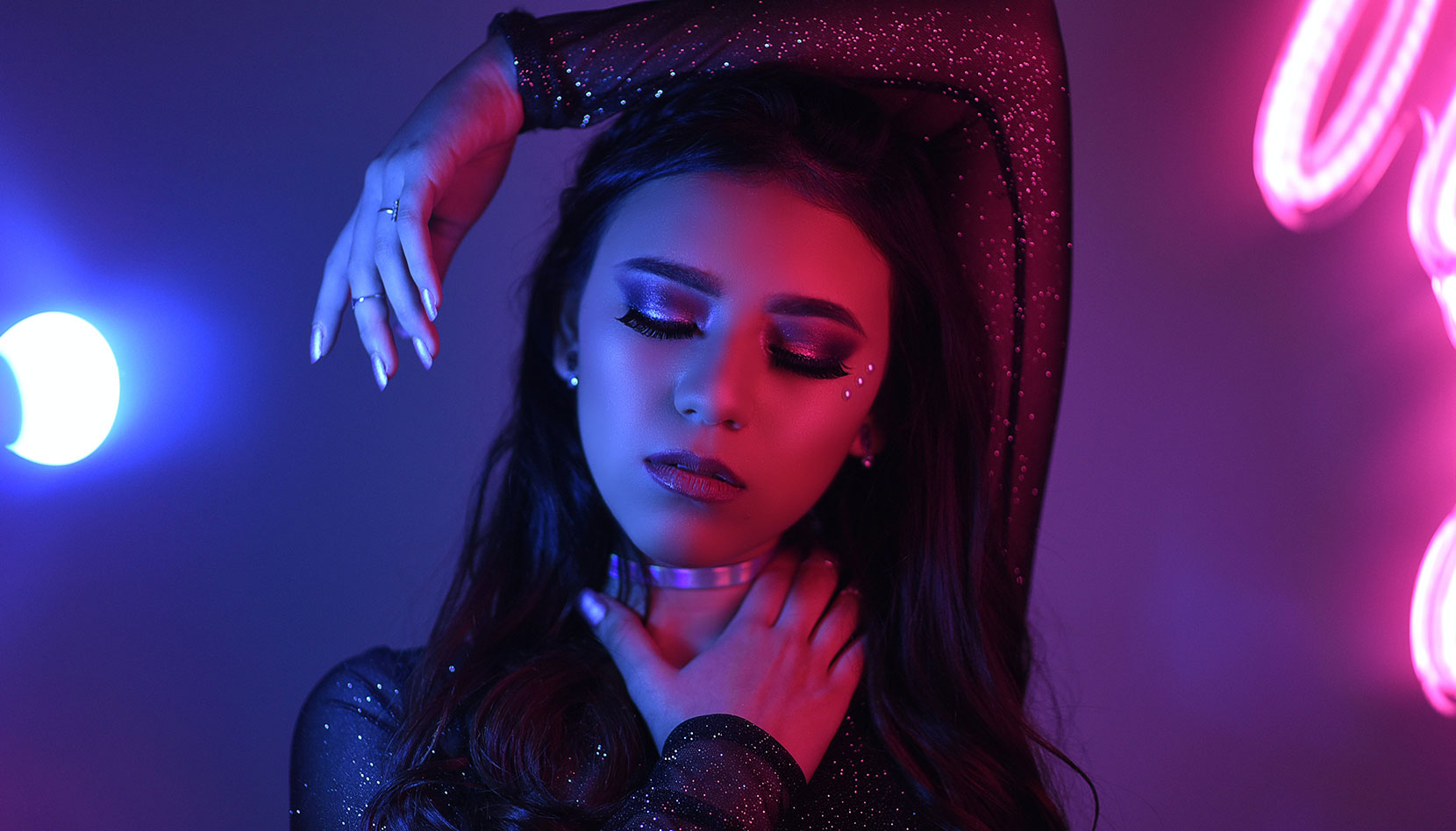
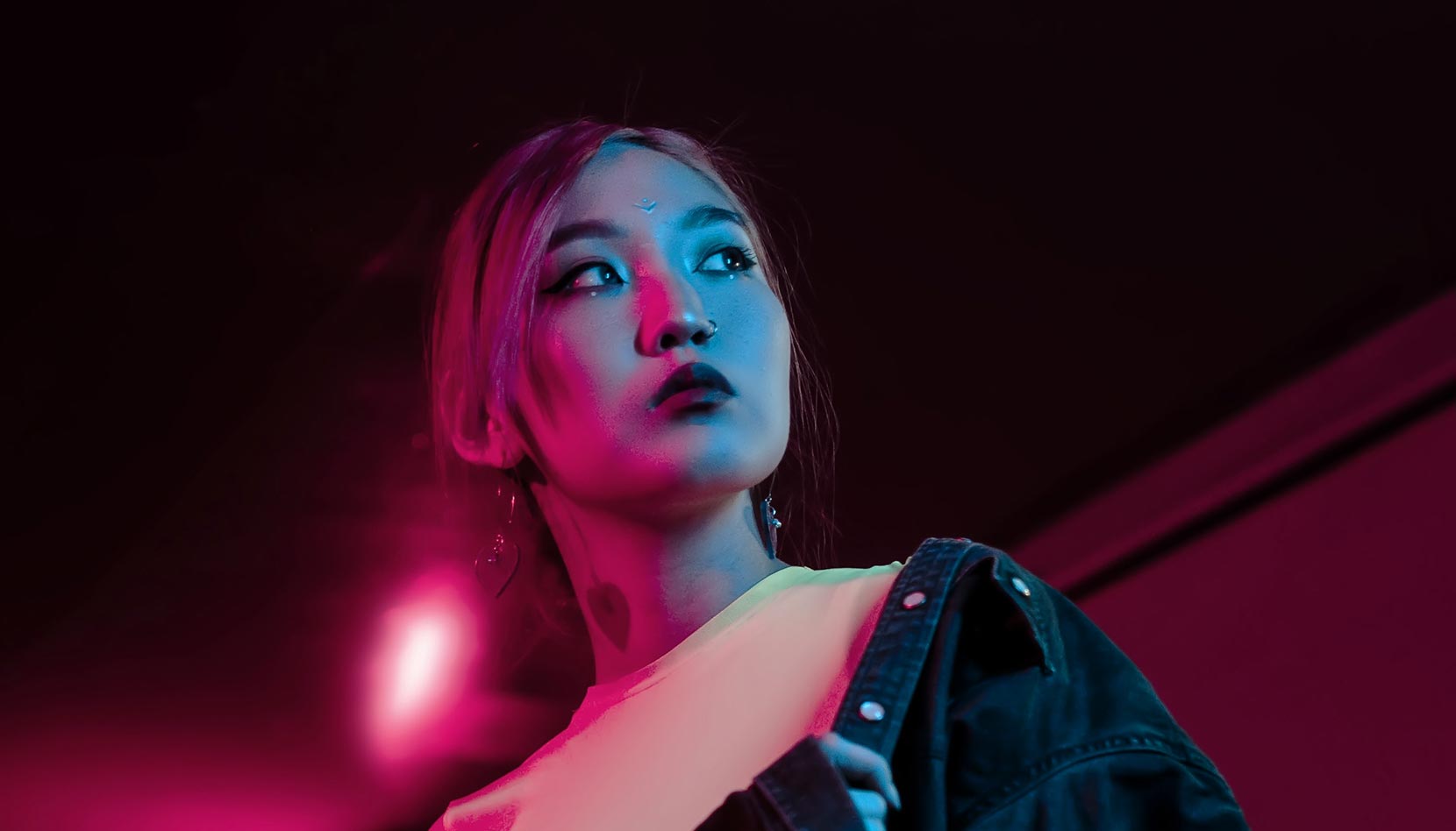
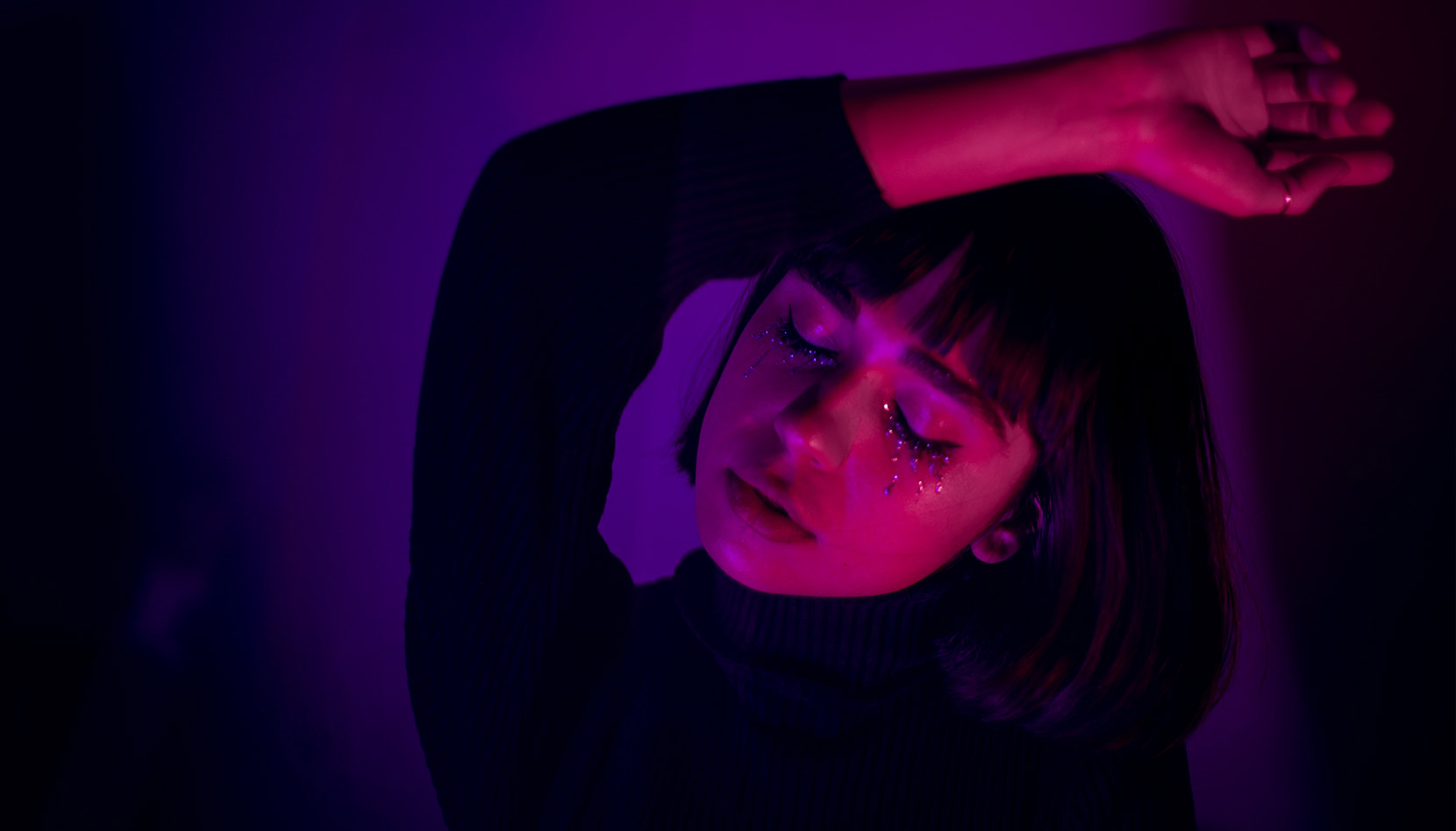
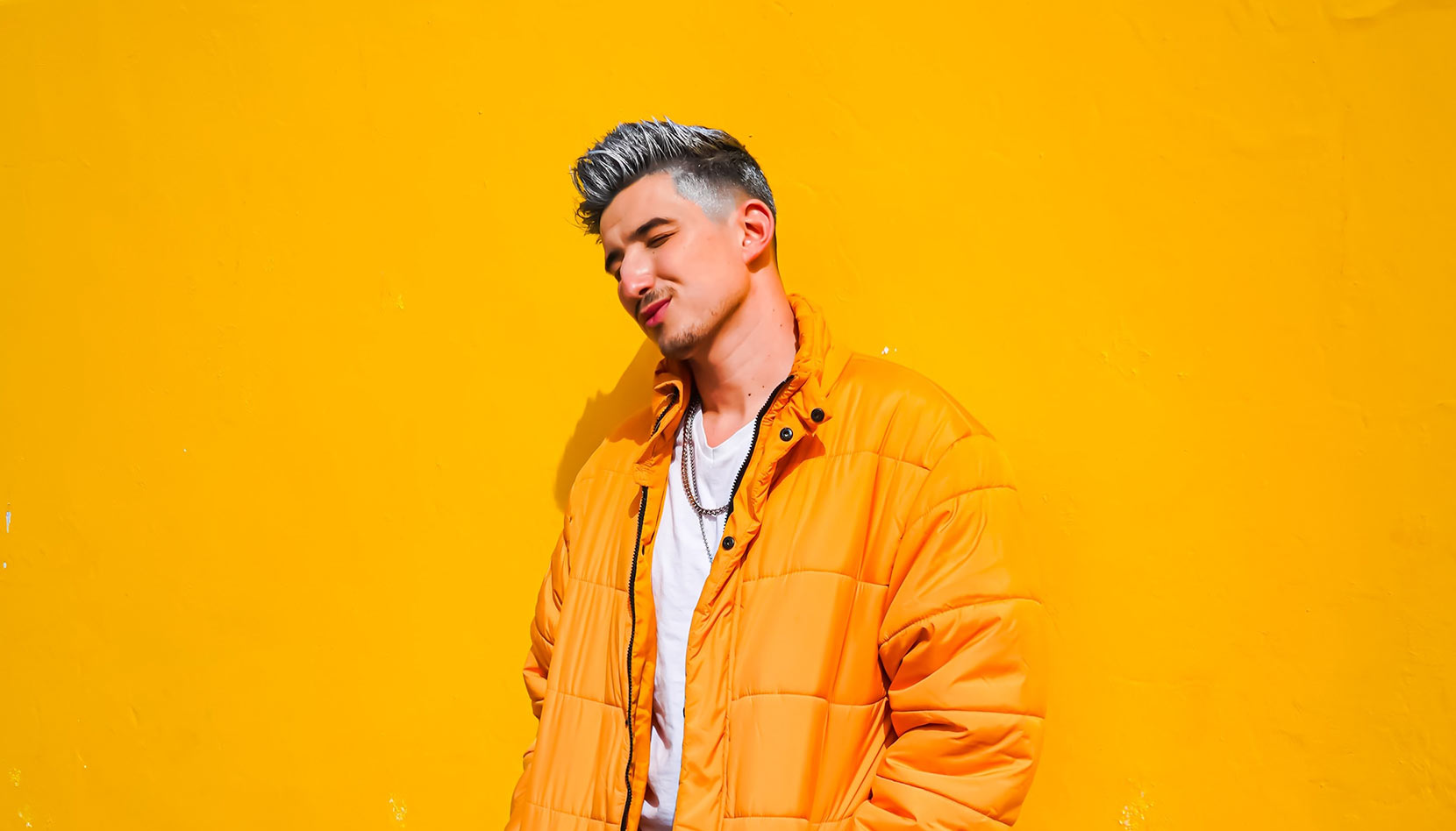
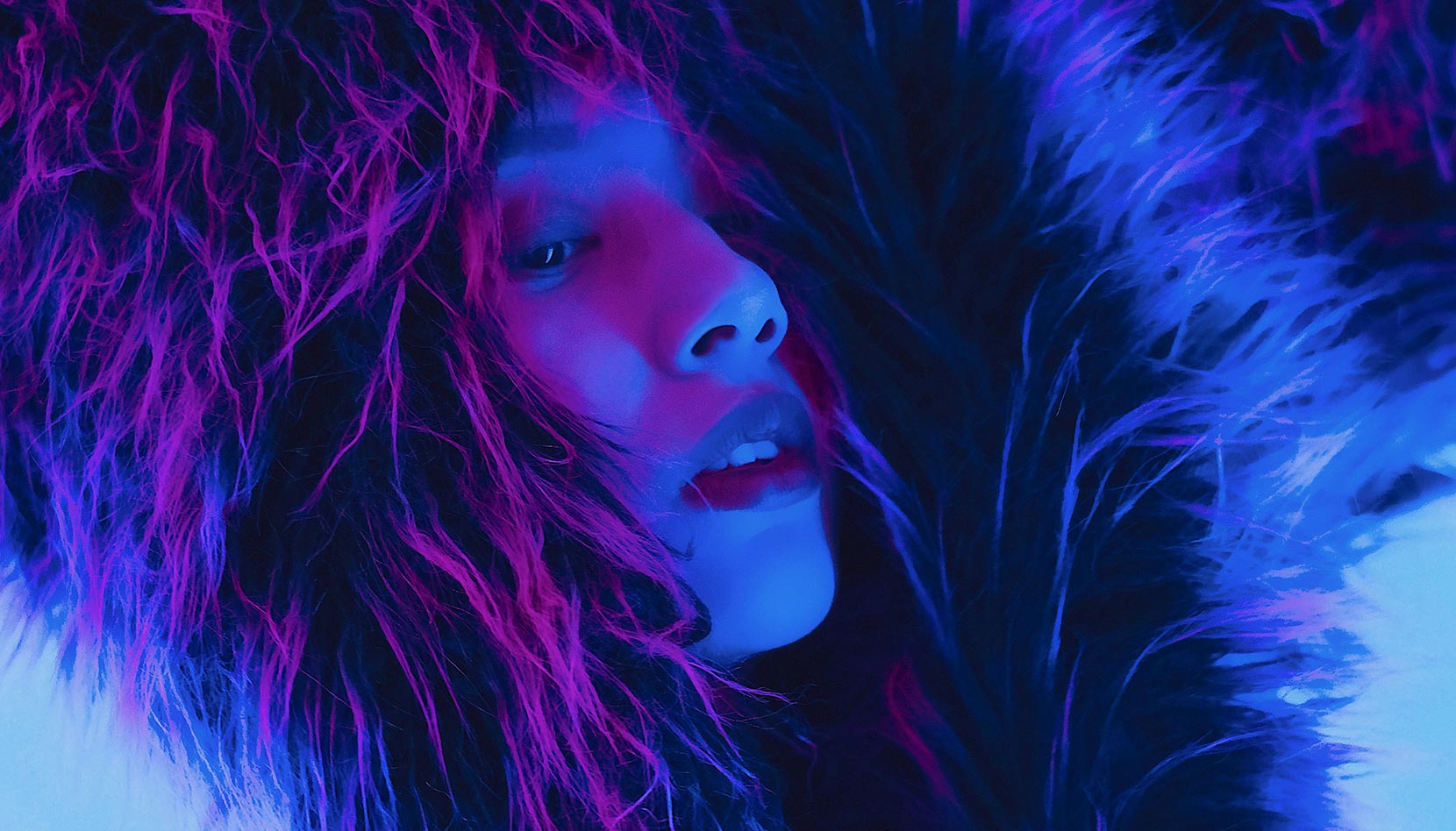
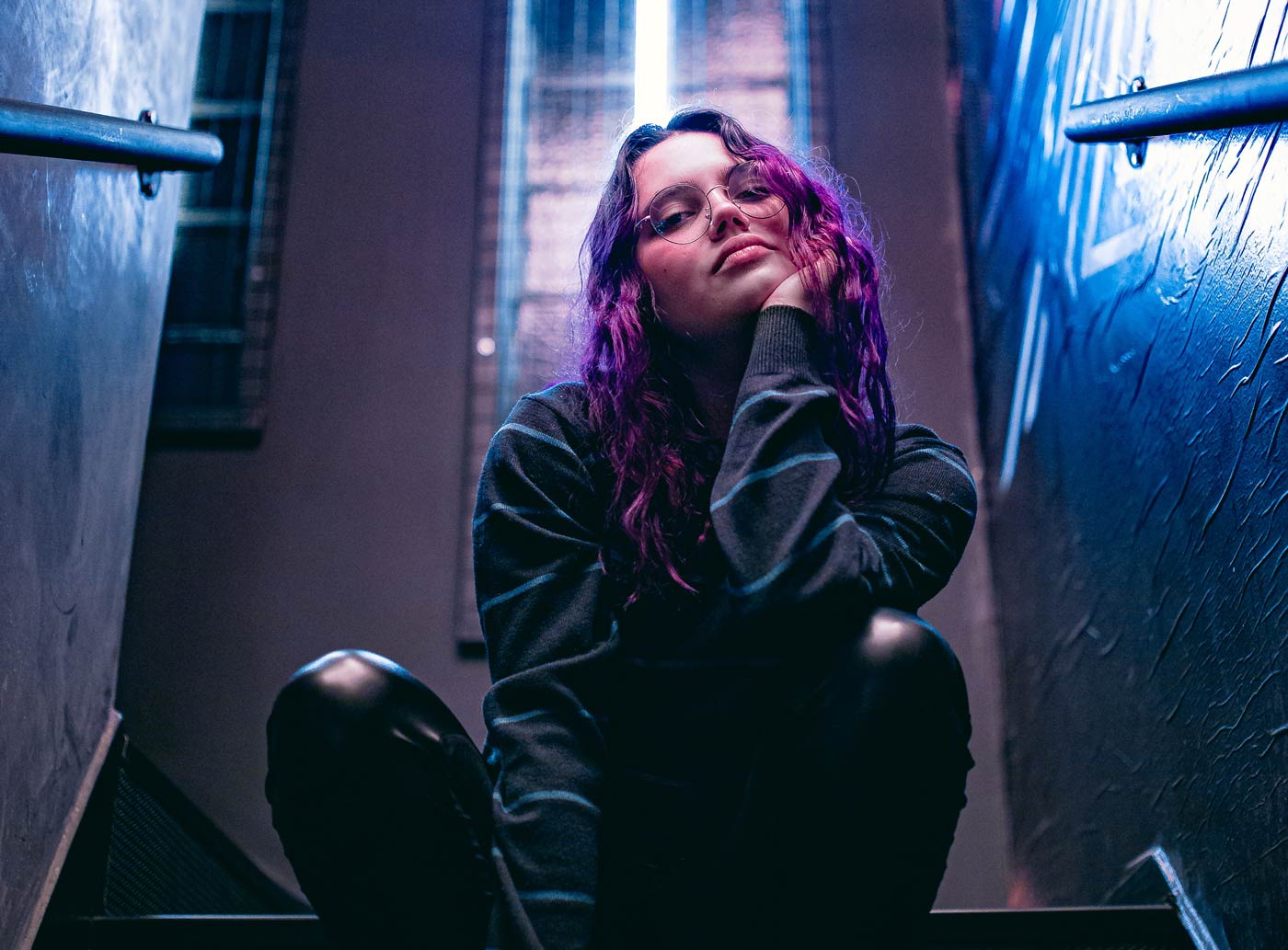
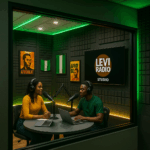
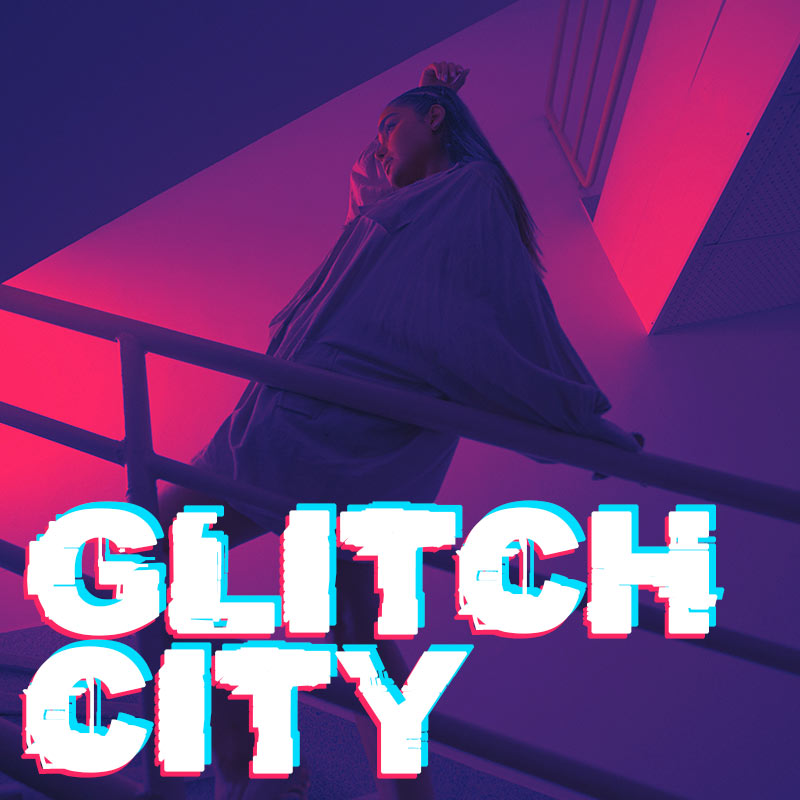
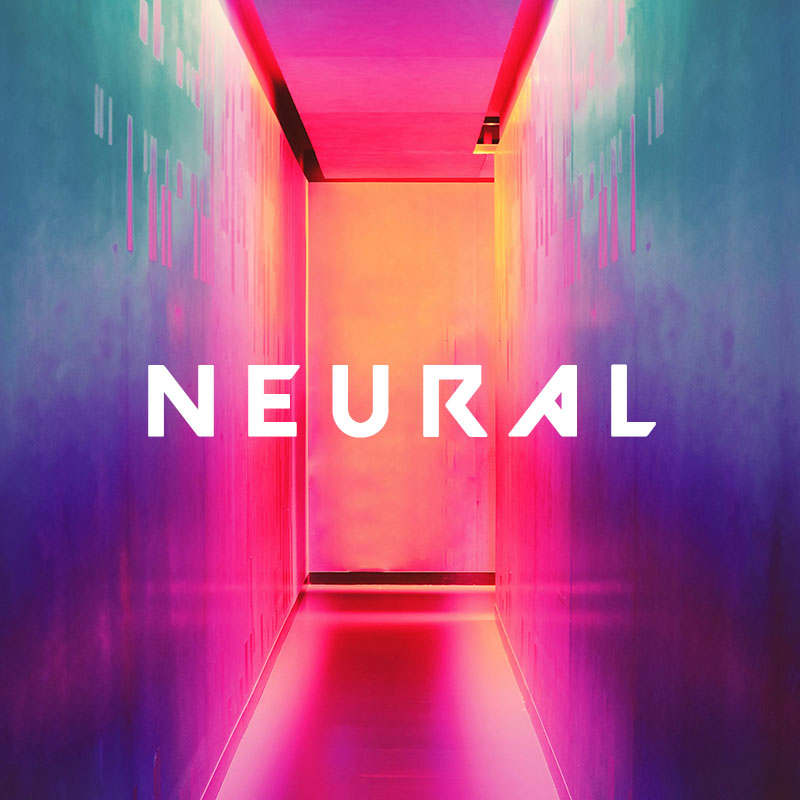
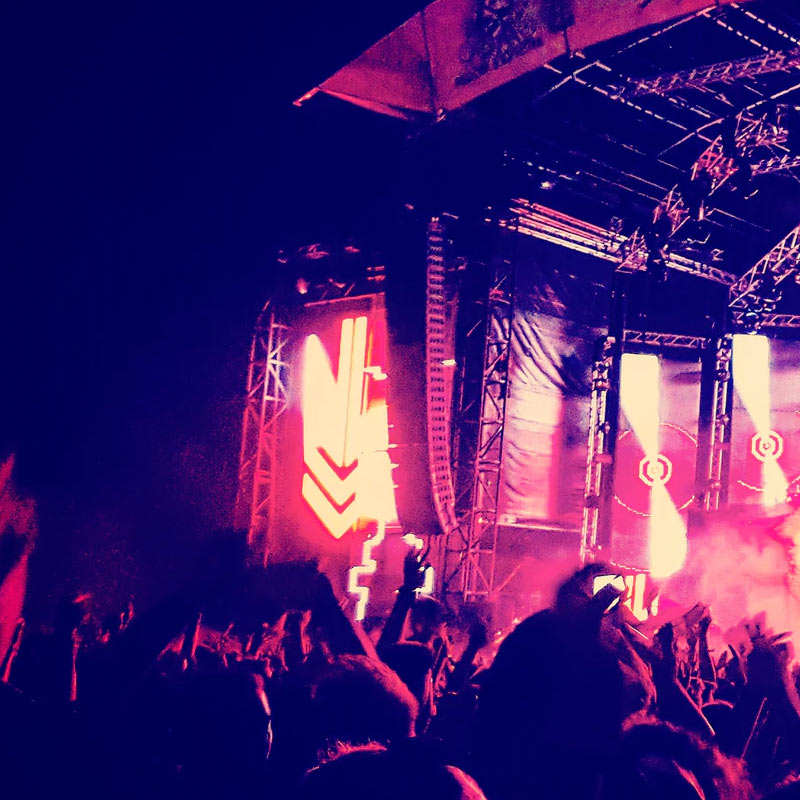
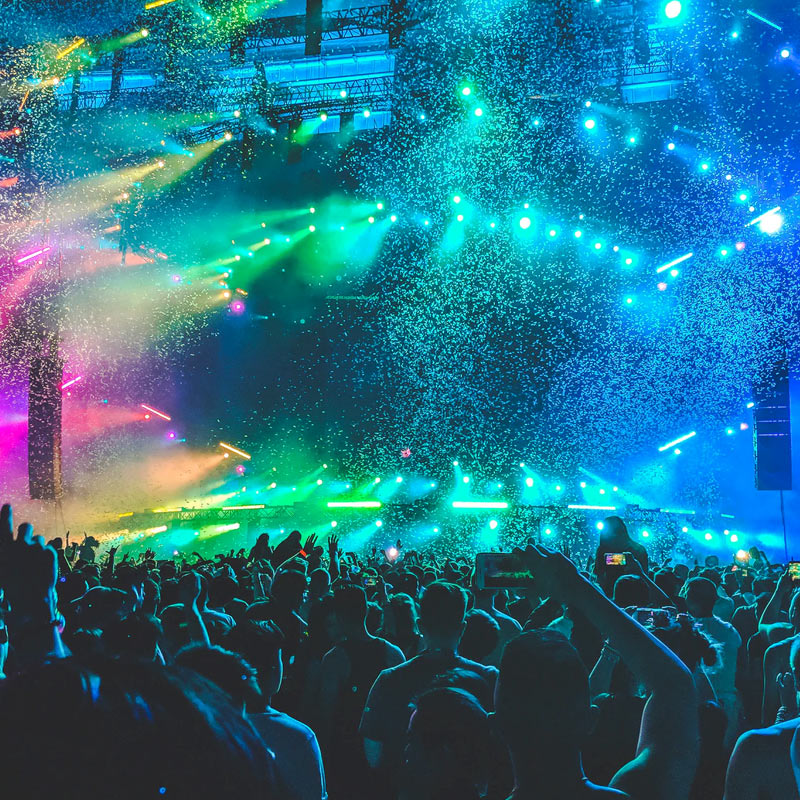
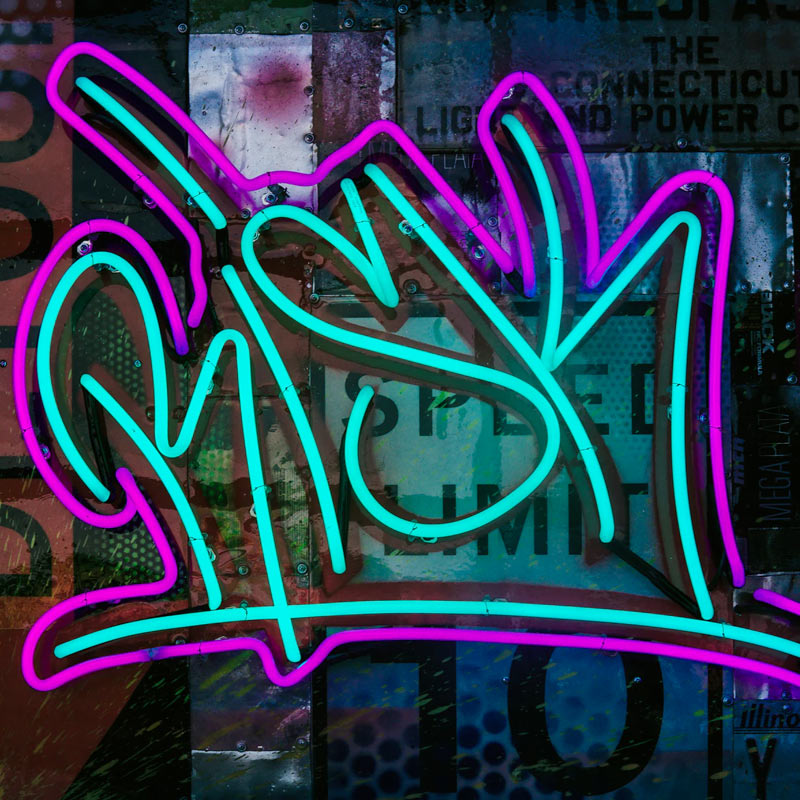
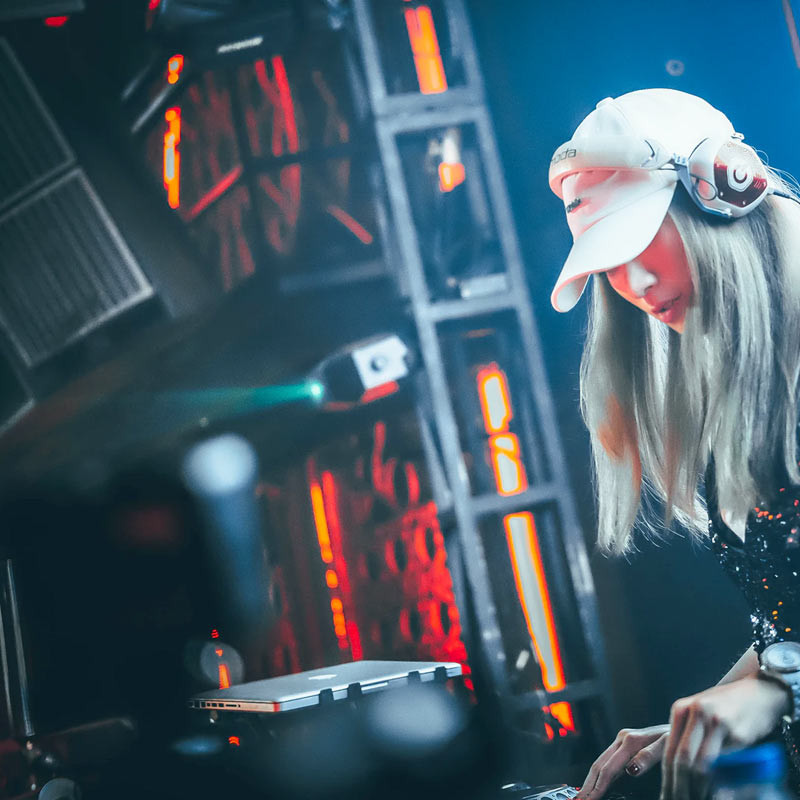
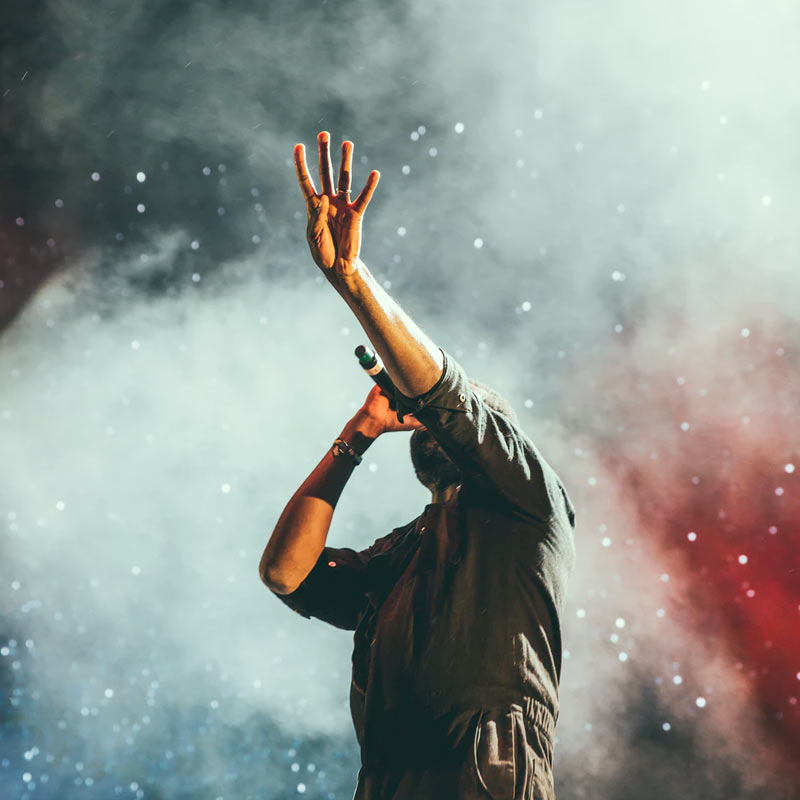
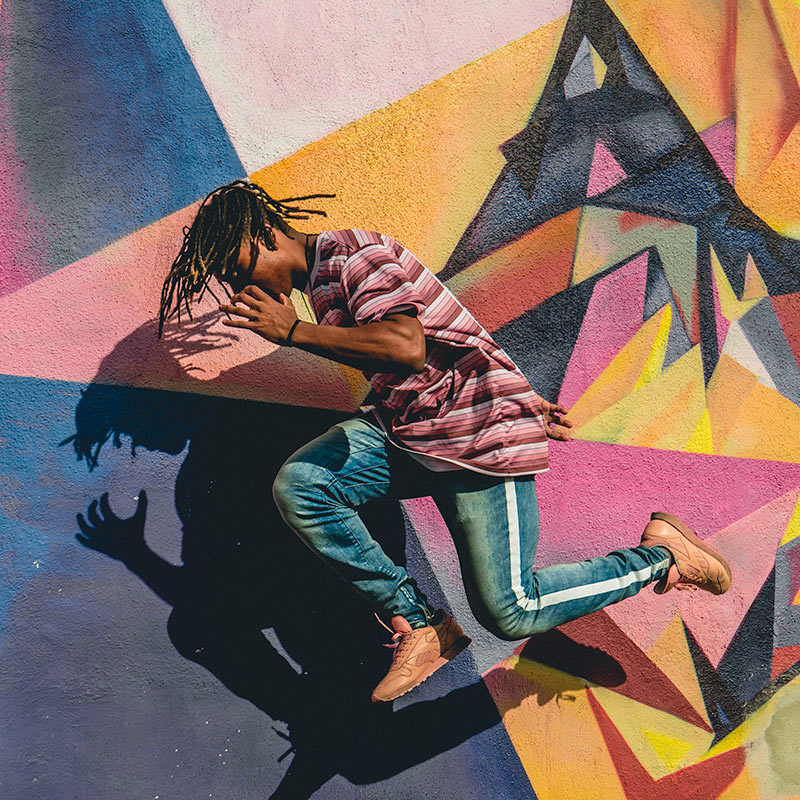
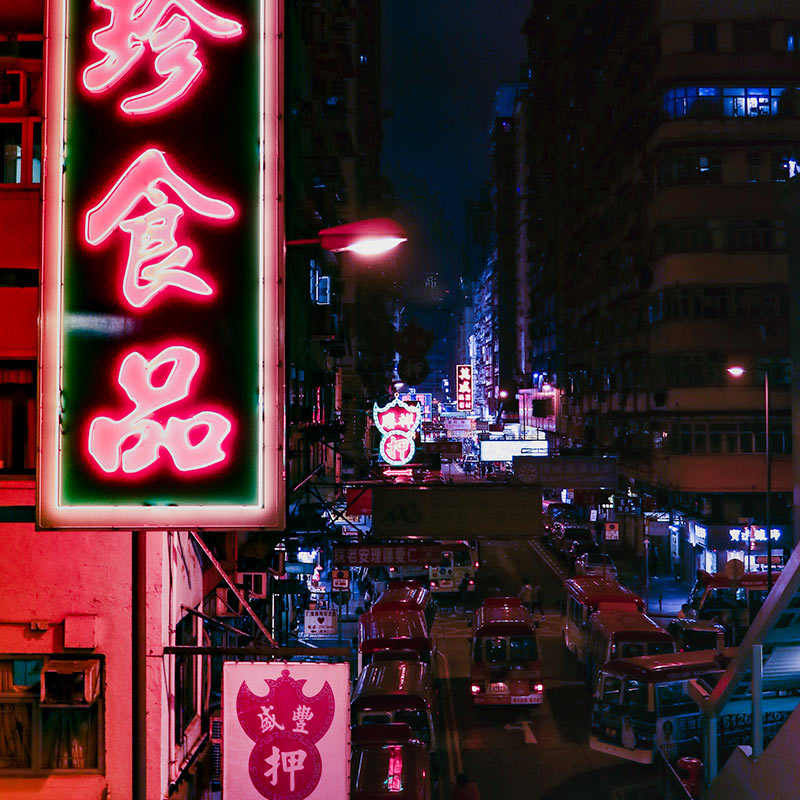
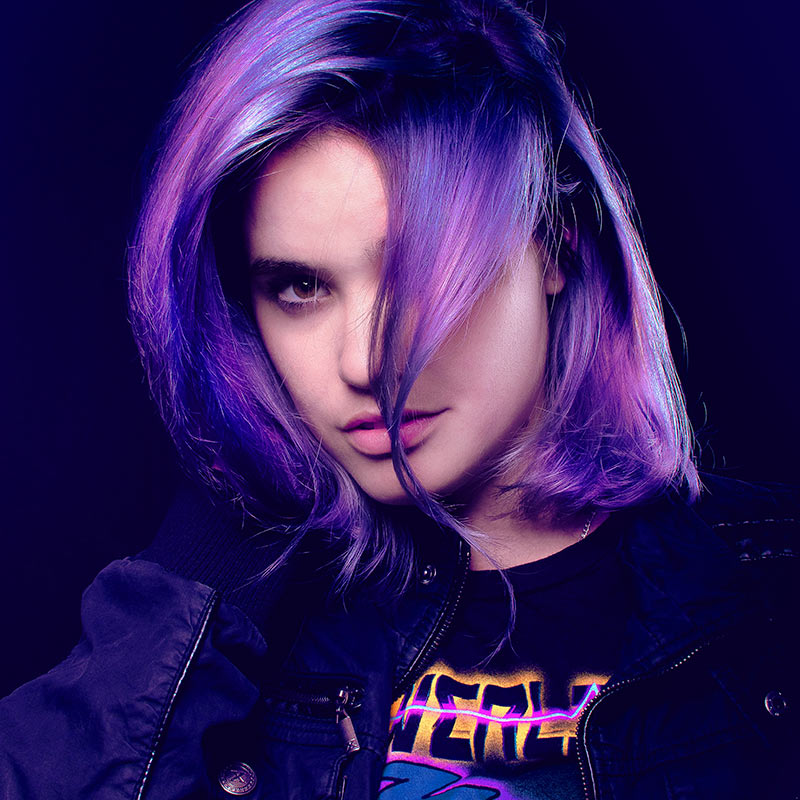
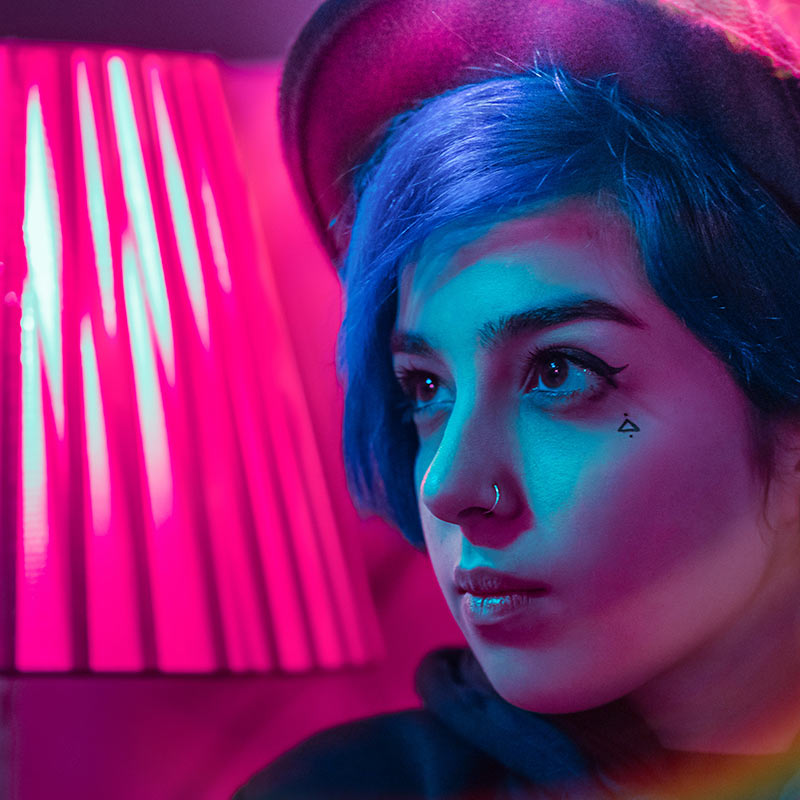
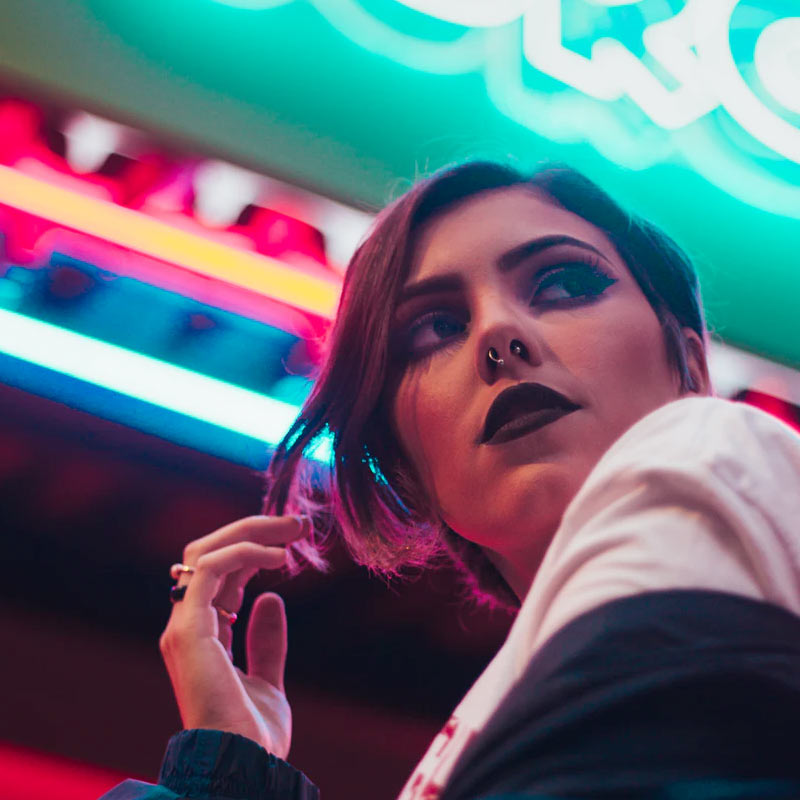
Comments
This post currently has no comments.